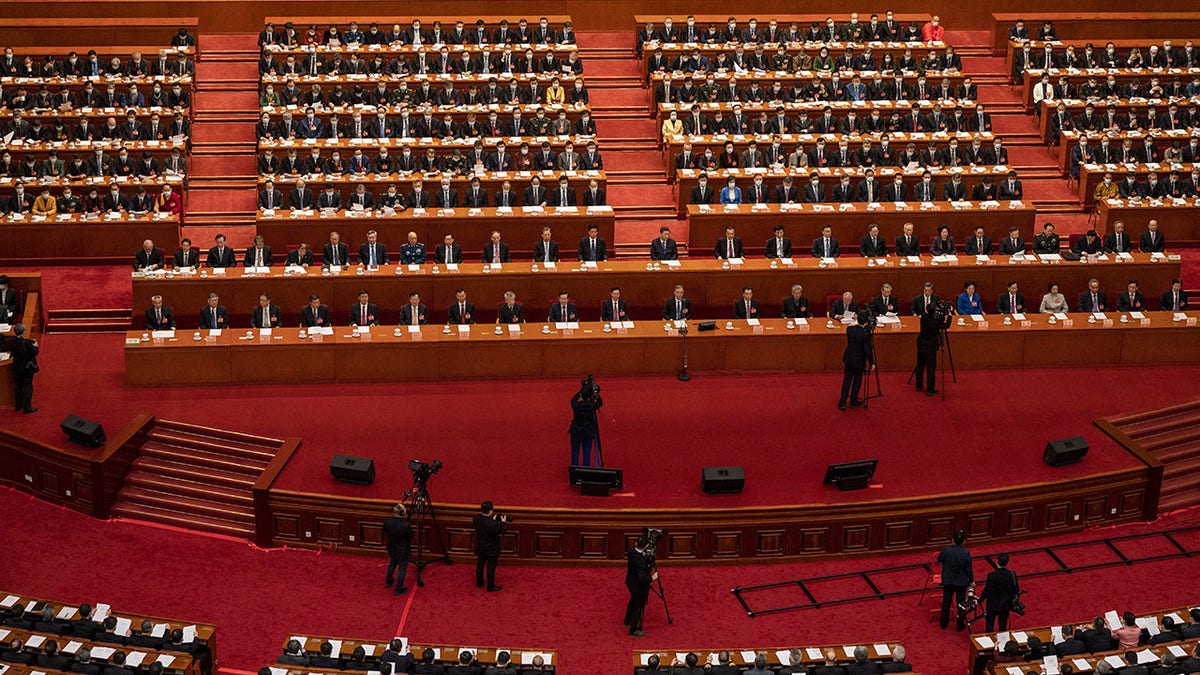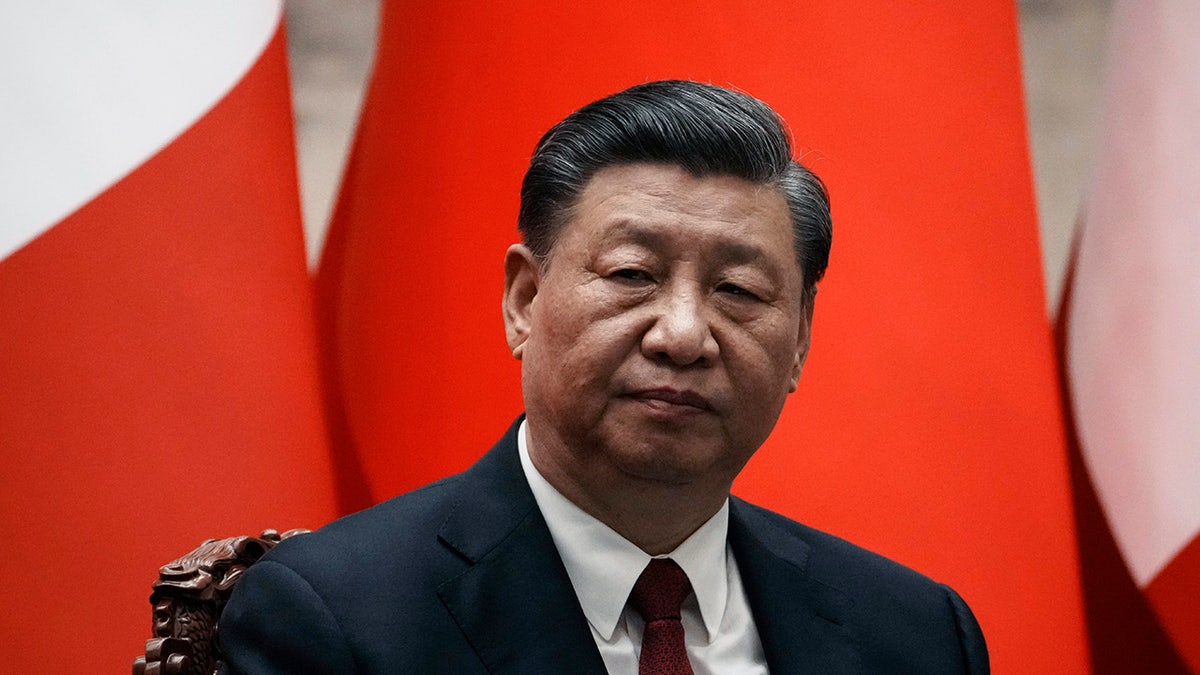China's legal landscape has undergone significant changes, broadening its scope to address perceived national security threats. This expansion impacts the relationship between foreigners within China and Chinese citizens collaborating with international entities. The Chinese government is urging its citizens to be wary of espionage and security risks, integrating this vigilance into a broader societal approach.
These legal amendments represent the latest effort by Chinese authorities to regulate information flow amid growing security concerns. Recent actions include restricting access to the China National Knowledge Infrastructure, a major academic database, for non-Chinese institutions, along with limiting foreign access to financial databases. Treasury Secretary Janet Yellen voiced concerns about these actions during her recent trip to Beijing, highlighting the contrast between China's broad approach and the U.S.'s more targeted actions focused on specific national security threats.

The expanded definition of espionage is a key concern. Article four now encompasses obtaining or sharing state secrets, intelligence, and other data related to national security, as well as associating with espionage organizations. Legal experts offer differing perspectives on the impact of these changes. Some argue that while the revisions broaden the existing law, the previous legislation already granted authorities significant discretion. Others express concern about the potential for vigorous enforcement and a more hostile environment for foreigners, particularly Americans, in China.

Recent raids on the offices of U.S. firms like Capvision, Bain & Company, and Mintz illustrate the existing power of Chinese authorities to address perceived security threats. These raids involved questioning employees, searching computers, and confiscating property. State television broadcasts accused the firms of leaking secrets overseas, and some Chinese employees were detained for allegedly facilitating interviews that compromised national security. These actions have created apprehension within the international community in China and among Chinese citizens working with foreign entities.

The revised law aims to heighten vigilance and discourage interaction with foreigners across various sectors, including private businesses, academia, and NGOs. This atmosphere of caution could deter Chinese citizens from associating with foreign individuals or organizations for fear of being perceived as security risks. Some analysts suggest that this pressure may be a response to the increasing departure of foreign companies from China due to economic policies and a return to state control.

The emphasis on vigilance is part of a broader state-led initiative, a "whole-of-society" approach that involves mass mobilization and education campaigns to promote national security awareness. This approach, coupled with the new Foreign Relations Law, which allows Beijing to take countermeasures against countries imposing sanctions on China, provides the government with additional tools to exert influence in international disputes.
Comments(0)
Top Comments